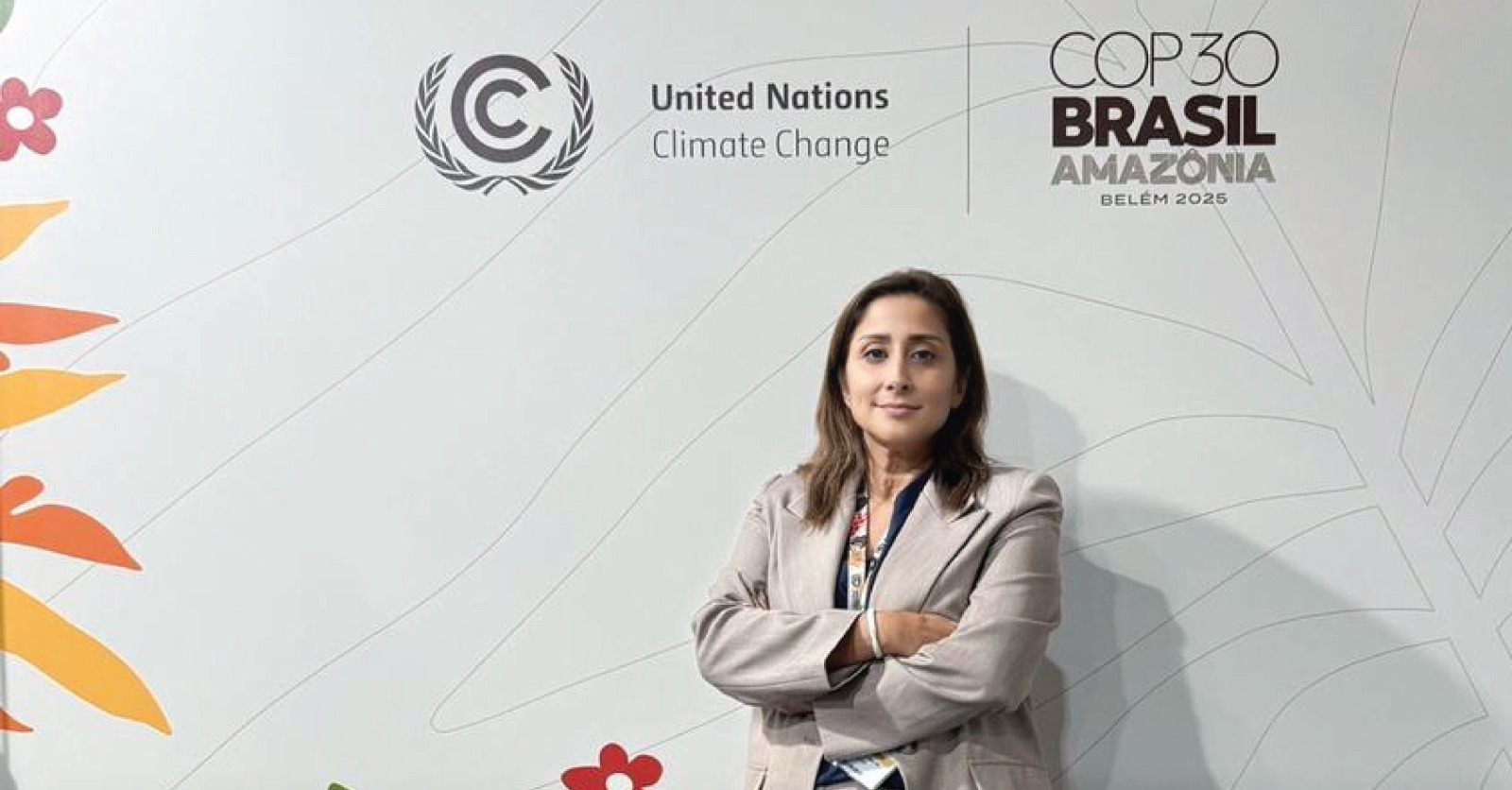Greenpeace MENA: COP30 Fails Our Region With No Roadmap to Phase Out Fossil Fuels and Developed Countries Dodge Climate Finance Responsibilities
COP30 in Belém, Brazil, concluded without delivering the urgent climate action our region needs. Despite high expectations, governments did not agree on a roadmap or a target to phase out fossil fuels, and Nationally Determined Contributions (NDCs) fell dangerously short on bridging the 1.5°C ambition gap.
On top of the mitigation shortfalls, the summit failed to provide the much-needed climate finance for the Global South, including the MENA region, for adaptation, mitigation, and loss and damage, as well as a just transition. In particular, the outcome related to adaptation finance was deeply disappointing.
On the COP30 deal, Ghiwa Nakat, Executive Director of Greenpeace MENA, commented:
“COP30 could have been a turning point and an opportunity for negotiating governments to step up and take decisive action. We pushed hard for climate justice for our region, and wanted to see meaningful progress on phasing out fossil fuels and closing the 1.5°C ambition gap. Unfortunately, governments failed to deliver the commitments needed not only to prevent irreversible climate impacts in the MENA region and beyond, but also to support communities in adapting to and recovering from the impacts already unfolding”.
Commenting on climate finance, Nakat stated:
“MENA region is left without adequate funding once again. The lack of concrete action on climate finance, particularly from developed countries, has left the region’s most vulnerable communities, who have contributed the least to the climate crisis, still without the resources needed to adapt and recover from the escalating extreme weather conditions and loss of livelihoods. With a finance gap that remains unaddressed, our countries are being pushed further into debt, exacerbating their vulnerability even more”.
Meanwhile, in a significant step toward a just transition, the Belém Action Mechanism (BAM) has seen meaningful progress. Indigenous Peoples’ and local communities’ rights, tenure, and knowledge were formally acknowledged, a key milestone for a just transition that places those most affected at the heart of future climate decisions.
The path forward remains open, as COP31 in Turkey presents a pivotal moment to accelerate global momentum toward a just transition. “COP31 must accomplish what COP30 could not. We are committed to ensuring that the voices of the most affected communities are heard loud and clear in the upcoming negotiations,” Nakat said.
Speaking about the role of MENA leaders, Nakat pointed out:
“Historical polluters must move first and fastest to phase out fossil fuels. At the same time, wealthy oil and gas producers in our region, those with the greatest financial capacity, must step up, diversify their economies and energy systems, and back a clear transition away from fossil fuels, living up to the historic UAE consensus. Their regional leadership at COP31 will be crucial to securing a credible global deal to keep the 1.5°C goal alive.”
Nakat concluded: “In spite of the setbacks at COP30, we are not backing down. The need for strong action is more urgent than ever, and MENA is uniquely positioned to push forward on a just, equitable transition. Until our region receives a fair, transparent, and debt-free funding mechanism, where historically high-emitting Global North nations and international fossil fuel companies pay their fair share, Greenpeace MENA will not spare any effort to speak up for our people.”












التعليقات مغلقة.